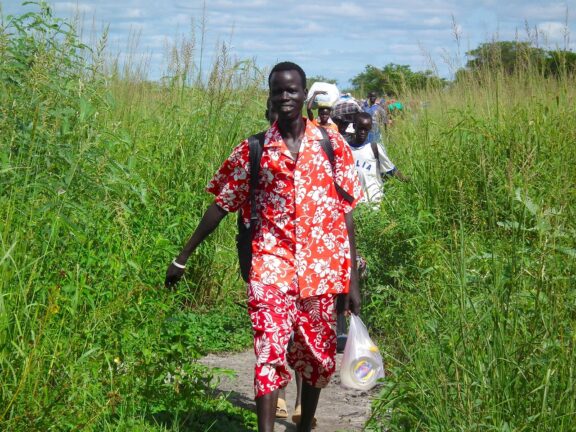Greece has announced a temporary three-month suspension of asylum application processing for migrants arriving from North Africa, particularly Libya. The government of Prime Minister Kyriakos Mitsotakis, having received no formal response from Brussels, has intensified collaboration with Hungary.
According to the Ministry of Migration and Asylum, this is an “extraordinary but necessary” measure amid shifting migratory routes in the Eastern Mediterranean, with a rising number of departures from Libyan ports toward Greece’s southern shores. The situation is particularly tense on the island of Crete, where centres are now operating at full capacity.
“Greece cannot face a new migratory pressure on its external borders alone,” Mr Mitsotakis stated during a press conference in Athens, directly addressing the European Union. The PM called for “urgent intervention from Brussels,” urging strengthened operational support for Frontex, activation of relocation mechanisms, and a coordinated political response at the European level.
Shared concerns
The decision has drawn strong, if predictable, criticism from human rights organisations and international institutions which do not carry any responsibility for solving the problem. The Greek Council for Refugees (GCR) released a statement warning that “the generalised suspension of asylum application processing, even if temporary, risks constituting a serious violation of international law and the guarantees provided by European legislation. Halting procedures at first reception centers leaves thousands of people in legal limbo, often in already dire conditions.”
The United Nations High Commissioner for Refugees (UNHCR) echoed the concerns. Catherine Mahoney, spokesperson for the Europe region, expressed “deep concern”, emphasising that “the right to seek asylum is fundamental and cannot be arbitrarily suspended. We acknowledge the pressures on reception facilities, but the response must comply with asylum law and human rights principles.” She did not specify what such a response should look like.
You might be interested
In a joint statement released in July within a week of the Athens move, civil society organisations, such as Amnesty International, denounced the relevant legislative measure by the Greek Parliament as “illegal and unacceptable”. The legislation imposed a three-month suspension on asylum requests from people coming from North Africa, ordering their immediate expulsion without registration.
The organisations stressed that “the fundamental principles of asylum law and protection against refoulement cannot be limited,” calling on the Greek government to immediately withdraw the provision. (Refoulement refers to the act of forcibly returning refugees or asylum seekers to a country where they face credible threats of persecution, torture, or other serious human rights violations.) It also urged the European Commission to take measures to enforce EU law, putting an end to this violation immediately.
The Budapest link
Meanwhile, Greece and Hungary signed a cooperation agreement on migration and asylum on August 4 in Budapest. According to the Greek Ministry of Migration and Asylum, Hungarian authorities are “familiarising themselves with the new border procedures, scheduled for introduction in June 2026 as part of the Migration and Asylum Pact from May 14, 2024.” This pact requires all EU member states to comply with and adapt their reception and asylum procedures according to a harmonised operational model for examining international protection requests.
The right to seek asylum is fundamental and cannot be arbitrarily suspended. — UNHCR spokeswoman Catherine Mahoney
Bilateral ties continue to flourish between governments known for their hardline stance on illegal migration. The EU has provided no response regarding the actions taken by the Greek government.
The Greek ministry also published updated data on unaccompanied minors hosted in Greek centers: approximately 1,722 children, of whom 92 per cent are boys and eight per cent girls. Thirteen percent are under 15 years old. NGOs operating locally report that reception centres in Crete and Kythira are facing serious issues of overcrowding, lack of access to medical care and legal services, and insufficient resources to manage the rising arrivals.
Meanwhile, the Greek coast guard recorded a 40 per cent increase in sea arrivals in recent weeks compared to the same period in 2024. Local authorities warn that the lack of equitable distribution of asylum seekers among European countries makes the flow even harder to manage.











